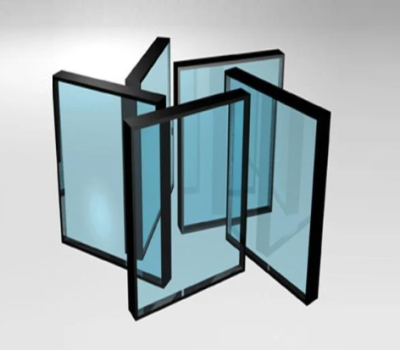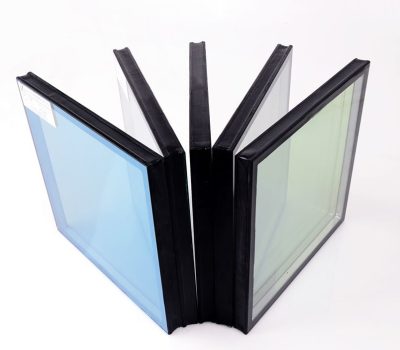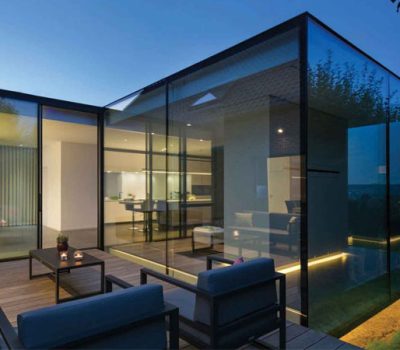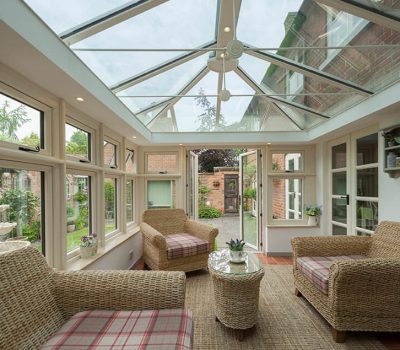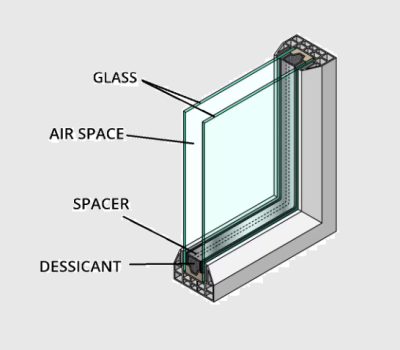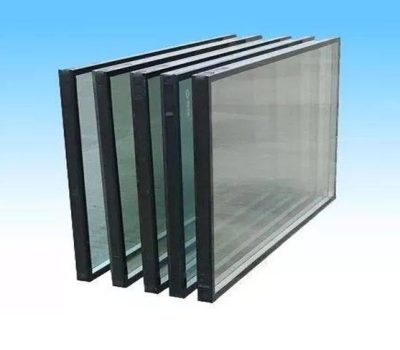Double-glazed units are windows that consist of two panes of glass separated by a gap filled with air or an insulating gas, such as argon. This gap helps to reduce the transfer of heat and sound through the window, making the building more energy-efficient and comfortable for its occupants.
DGUs are commonly used in residential and commercial buildings, and can be found in a variety of window styles, such as casement, sliding, and tilt-and-turn windows. They are also available in different configurations, such as low-e coatings, laminated glass, and toughened glass.
Double-glazed units can offer many benefits, including improved energy efficiency, noise reduction, and improved comfort for building occupants. However, they do require proper installation to ensure optimal performance and longevity, and may also require periodic maintenance and cleaning to keep them in good condition.
Overall, insulated DGU glass is a versatile and effective choice for improving energy efficiency and reducing noise transmission in windows and other building applications. Its many benefits make it a popular choice for architects, designers, and builders who prioritize sustainability, comfort, and performance.
1. Soundproof Glass (Acoustic Glass):
Soundproof Glass, engineered with multiple layers or laminations, effectively mitigates external noise, creating serene environments ideal for offices, residences, recording studios, or any space requiring tranquility. Its advanced construction significantly reduces sound transmission, providing a peaceful ambiance.
2. Glazing Glass:
Glazing Glass, typically double or triple glazed, is designed to enhance thermal insulation and energy efficiency in buildings. By trapping air between multiple glass layers, it minimizes heat transfer, maintaining comfortable indoor temperatures and reducing energy costs.
3. Fixed Glass:
Fixed Glass refers to non-operable or non-movable glass panels commonly used in architectural designs. These fixed panels contribute to aesthetics, providing unobstructed views, natural light, and modern appeal to spaces. They are often employed in facades, storefronts, or architectural features.
4. Partition Glass:
Partition Glass offers versatile solutions for dividing interior spaces without compromising on light penetration or openness. These glass panels create visual separation while maintaining an open feel in offices, homes, or commercial settings, enhancing privacy without sacrificing natural light.

